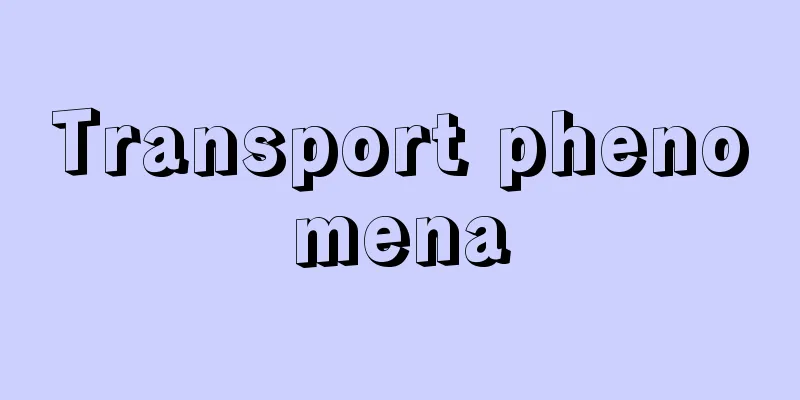Gap junction

|
… From [Cell Adhesion]… Ultrastructural analysis of cell-cell adhesion using electron microscopy has revealed that there are special structures or cell membrane parts involved in cell adhesion. These include desmosomes, tight junctions, zonula adherens (or intermediate junctions), and gap junctions. In epithelial cells, tight junctions, zonula adherens, and desmosomes are often arranged in sequence from the free surface of the epithelium toward the inside, forming a structure called a junctional complex. … From [Epithelium]…In addition to the occluded zone, there are patchy structures called desmosomes scattered between epithelial cells, which connect the cells together. There are also patchy structures called gap junctions, where the two cells are extremely close to each other, with specific protein particles between them, and a small hole in the center of this particle that connects the two cells, allowing ions to be exchanged between the cells. At the base of the epithelial cell, there is a basement membrane (basement lamina) under the cell membrane, which lines the epithelium. … From [Myocardium]…Compared to skeletal muscle cells, cardiac muscle cells have fewer myofibrils and more sarcoplasm. Between cardiac muscle cells there are gap junctions, which transmit excitation. Gap junctions, also known as nexuses, are devices that allow small molecules and ions to pass through and are involved in the transmission of information between cells. … From [Smooth muscle]…Smooth muscles are also controlled by the autonomic nervous system and cannot be moved by will (involuntary muscles). There are no special synaptic structures between nerves and smooth muscles, such as the motor endplates found in skeletal muscles, and smooth muscle cells communicate with each other through a device called a nexus (also called a gap junction), transmitting excitation. Muscle [Hisao Fujita]. … *Some of the terminology that mentions "gap junctions" are listed below. Source | Heibonsha World Encyclopedia 2nd Edition | Information |
|
… 【細胞接着】より… 細胞間接着を電子顕微鏡を用いて微細構造レベルで解析した結果,細胞接着のための特別な構造,または細胞膜の部分のあることが知られている。接着斑(デスモソームdesmosome),密着結合tight junction,接着帯zonula adherens(または中間結合),狭間隙(きようかんげき)結合gap junction(ギャップ結合)などがそれである。上皮細胞ではしばしば,密着結合,接着帯,接着斑が上皮の自由表面から内側に向かって順に並び,結合複合体と呼ばれる構造を形成する。… 【上皮】より…閉鎖帯のほかに上皮細胞間にはデスモソームdesmosomeという斑状の構造が散在しあって細胞間を接着している。またギャップ結合gap junctionとよばれる構造が斑状にちらばり,ここでは両細胞の細胞間がいちじるしく接近し,その間に特有のタンパク質粒子が介在し,この粒子の中央に両細胞をつなぐ小孔があり,細胞間のイオンの交流を行っている。上皮細胞の基底側には細胞膜の下に基底膜(基底板)があり上皮を裏打ちしている。… 【心筋】より…心筋細胞は骨格筋細胞に比べて筋原繊維が少なく,筋形質が豊富である。心筋細胞の間にはギャップ結合という結合装置があり,これによって興奮が伝えられる。ギャップ結合は,ネクサスnexusともいい,小分子物質やイオンを通過させて細胞間の情報伝達にあずかる装置である。… 【平滑筋】より…また,平滑筋は自律神経の支配を受けており,意志によって動かすことはできない(不随意筋)。神経と平滑筋の間には,骨格筋でみられる運動終板のような特別なシナプス構造はみられず,平滑筋細胞どうしはネクサスnexus(ギャップ結合ともいう)という装置で連絡しあい興奮を伝達している。筋肉【藤田 尚男】。… ※「ギャップ結合」について言及している用語解説の一部を掲載しています。 出典|株式会社平凡社世界大百科事典 第2版について | 情報 |
<<: Cap structure - Cap structure
Recommend
Autobrecciated lava
The broken parts of lava flow that occur during it...
Carson, RL
…A book by the American marine biologist and essa...
Professor - Kyoju (English spelling) professor
It is the position at the center of the research ...
Kishu Kiln
An ancient kiln in Yonghe Town, Ji'an City, J...
Chozan Islands
An archipelago dotted in the Yellow Sea, east of t...
Francisco Balagtas
1788‐1862 The father of Tagalog poetry and literat...
Ashigara prefecture
...In 1868 (Meiji 1), the Kanagawa Magistrate'...
VDAV
…The center of power was in the Kingdom of Prussi...
Cyperaceae - Cyperaceae
A family of monocotyledonous plants in the Cyperal...
Gerbertus
…Gerbertus, Latin name. French clergyman and educ...
Eric the Red - Eric the Red
…The discoverer of Greenland. He was also called ...
babakotou
…The name Indri comes from the French naturalist ...
Herbert von Karajan
An Austrian conductor. With a wide repertoire, en...
cellophane
〘Noun〙 (cellophane)⸨Cellophane⸩① A regenerated cel...
Chiara, G.
…His real name was Giuseppe Chiara. He was an Ita...









